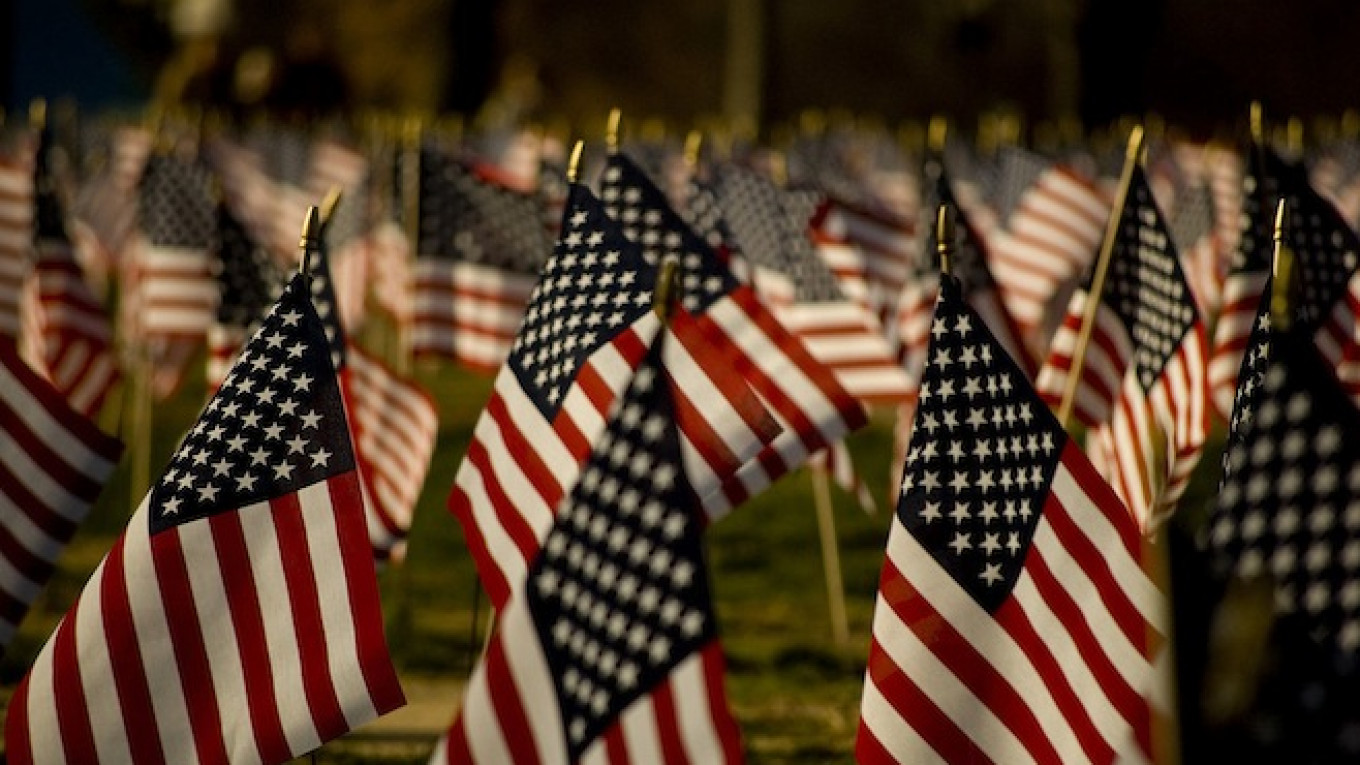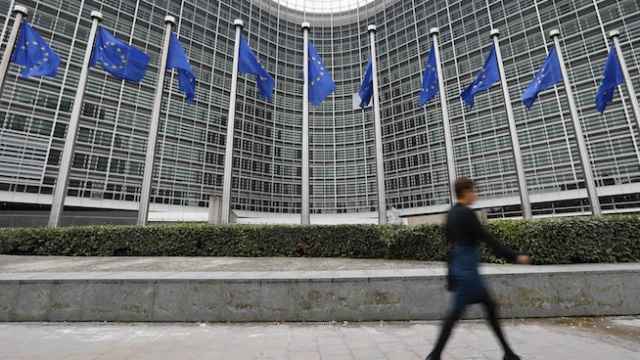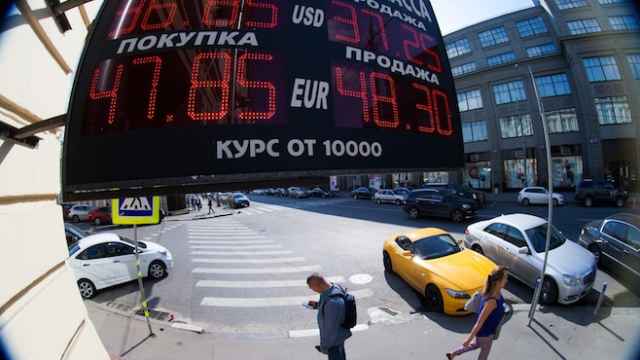WASHINGTON — The United States hit Russia's largest bank, a major arms maker and Arctic, deepwater and shale exploration by its biggest oil companies with new sanctions on Friday to punish Moscow for intervening in Ukraine.
The sanctions target companies including Sberbank, the country's largest bank by assets, and Rostec, a conglomerate that makes everything from Kalashnikovs to cars, by limiting their ability to access the U.S. debt markets.
They will also bar U.S. companies from providing goods or services to help five Russian energy companies conduct deepwater, Arctic offshore and shale projects. The Russian companies affected are Gazprom, Gazprom Neft, Lukoil, Surgutneftegas and Rosneft.
The sanctions seek to ban cooperation with Russian oil firms on energy technology and services by companies including Exxon Mobil and BP.
Russia is one of the world's top oil producers and is the main energy supplier to Europe. Exxon signed a $3.2 billion agreement in 2011 with Russia's Rosneft to develop the Arctic.
The sanctions are the latest imposed by the United States and the EU following Russia's annexation of Crimea in March and what the West sees as an effort since to further destabilize Ukraine by backing pro-Russian separatists with troops and arms.
U.S. officials said Washington took the steps because Russia has intensified its involvement in Ukraine by sending troops and arms to support pro-Russian separatists in the eastern part of the country and by shelling it across the border.
But a defiant Russian President Vladimir Putin called the new economic penalties "strange," given his backing of peace efforts in eastern Ukraine, and said he was considering fresh retaliatory measures.
The U.S. officials stressed that the sanctions could be removed if Russia, which denies sending troops into eastern Ukraine and arming the separatists, took a series of steps including the withdrawal of all of its forces from its neighbor.
"What we're looking for with regard to Russian action is the complete removal of all military personnel, military equipment, support for military and mercenaries on the territory of Ukraine, release of all hostages," a senior U.S. official told reporters in a conference call explaining the sanctions.
The official, who spoke on condition of anonymity, said the United States wanted to see the creation of a buffer zone on both sides of the border, which the official said was particularly important to stop shelling of Ukraine by Russia.
The new U.S. sanctions, which for the first time targeted Russia's Sberbank, were timed to coincide with new European Union economic penalties that included restrictions on financing for some Russian state-owned companies and asset freezes on leading Russian politicians.
The U.S. Treasury Department said the sanctions include a ban on U.S. individuals or companies dealing with Rostec, a major Russian technology and defense conglomerate, in debt transactions of more than 30 days maturity.
Assets also were blocked for five state-owned defense technology firms, Dolgoprudny Research Production Enterprise, Mytishchinski Mashinostroitelny Zavod, Kalinin Machine Plant, Almaz-Antei, and NIIP.
The new sanctions also tighten the financial noose on six Russian banks, including Sberbank, by barring U.S. individuals and companies from dealing in any debt they issue of longer than 30 days maturity.
The five banks previously covered had only faced a restriction on debt maturities of more than 90 days. Like those five, Sberbank now also faces a ban on U.S. equity financing.
The Treasury Department also imposed sanctions prohibiting U.S. individuals and companies from dealing in new debt of greater than 90 days maturity issued by Russian energy companies Gazprom Neft and Transneft.
"These steps underscore the continued resolve of the international community against Russia's aggression," U.S. Treasury Secretary Jack Lew said in a statement. "Russia's economic and diplomatic isolation will continue to grow as long as its actions do not live up to its words."
A Message from The Moscow Times:
Dear readers,
We are facing unprecedented challenges. Russia's Prosecutor General's Office has designated The Moscow Times as an "undesirable" organization, criminalizing our work and putting our staff at risk of prosecution. This follows our earlier unjust labeling as a "foreign agent."
These actions are direct attempts to silence independent journalism in Russia. The authorities claim our work "discredits the decisions of the Russian leadership." We see things differently: we strive to provide accurate, unbiased reporting on Russia.
We, the journalists of The Moscow Times, refuse to be silenced. But to continue our work, we need your help.
Your support, no matter how small, makes a world of difference. If you can, please support us monthly starting from just $2. It's quick to set up, and every contribution makes a significant impact.
By supporting The Moscow Times, you're defending open, independent journalism in the face of repression. Thank you for standing with us.
Remind me later.






